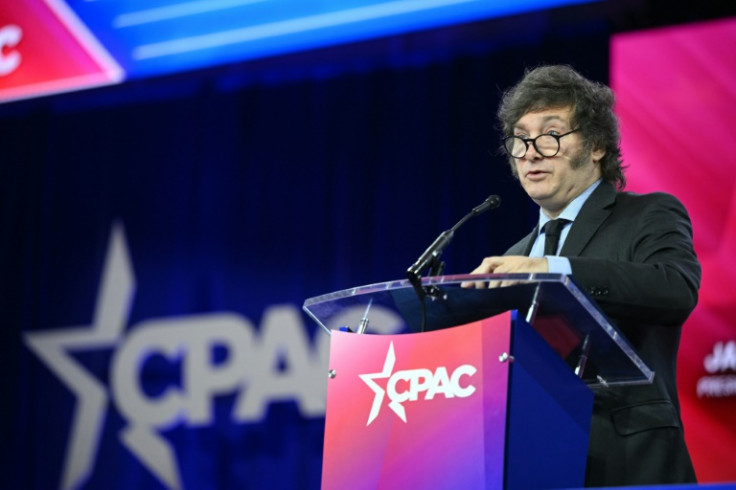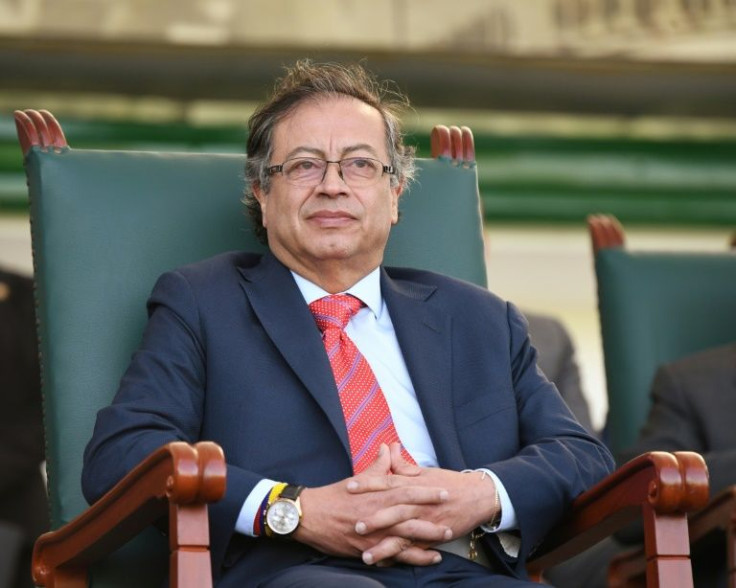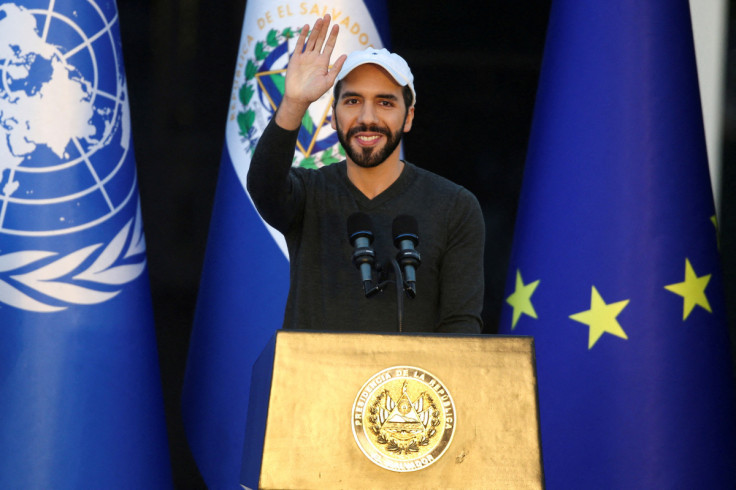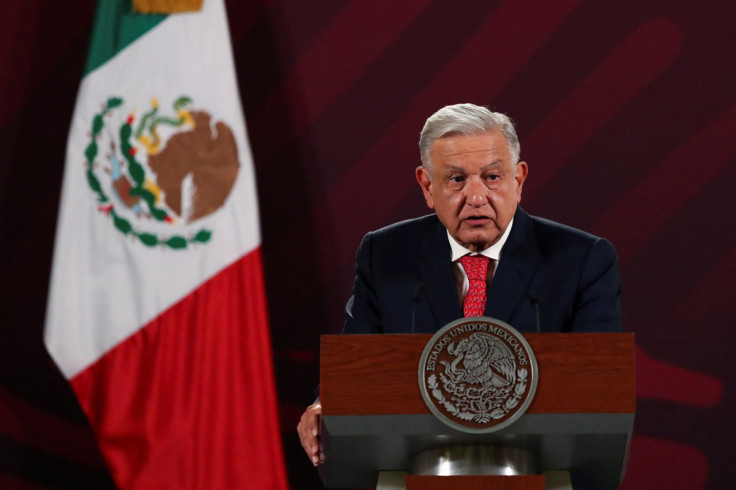
Latin American presidents have been clashing publicly over their ideological differences, taking their antipathy beyond the personal realm and into the diplomatic one, impacting their countries' formal relations.
The latest event of the kind featured Argentina's Javier Milei and Colombia's Gustavo Petro, who recalled his ambassador to Buenos Aires and expelled the Argentine representative in the country on Wednesday.
Petro made the decision following statements made by Milei earlier this week in an interview with CNN, where he called the Colombian president as a "murderous terrorist"
"Mr. Petro, well, you can't expect much from someone who was a terrorist killer, a Communist," he said, regarding Petro's past with armed groups. Colombia's first left-wing president is a former member of the now-demobilized M-19 rebel movement.
Mexican President Andrés Manuel López Obrador (commonly known as AMLO), who Milei also criticized in that interview, publicly supported Petro. "I still don't understand how the Argentinians, being so intelligent, voted for someone who is not accurate," he wrote on his X account, formerly Twitter. "P.S.: hugs to Gustavo Petro," he added.
Milei afirmó que soy un “ignorante” porque le llamé “facho conservador”.
— Andrés Manuel (@lopezobrador_) March 28, 2024
Está en lo cierto: todavía no comprendo cómo los argentinos, siendo tan inteligentes, votaron por alguien que no está exacto, que desprecia al pueblo y que se atrevió a acusar a su paisano Francisco de ser…
Colombia's foreign minister demanded Argentine diplomats to leave the country. In an accompanying statement, he recalled that "this is not the first time that Mr. Milei has offended the Colombian President, affecting the historical brotherly relations between Colombia and Argentina."
Petro vs Milei: The Escalation of the Conflict

The relationship between Colombia and Argentina has been historically stable. However, the dynamics changed since Milei joined the political fray and became clear he had a shot at the presidency.
Following the first-round elections in which Milei's main contender, Peronist Sergio Massa, got the most votes, Petro published a celebratory publication saying "Argentina defeated barbarism." "It is a choice between barbarism and hope," added Petro, who openly supported Massa before the runoff.
Following Milei's electoral victory, Petro said that the "extreme right-wing won in Argentina" and said it was a "sad moment for Latin America." He later congratulated Milei and added that the countries' relations would "continue based on mutual respect."
That didn't happen.
Earlier this year, not long after Milei took office, Colombia recalled its ambassador from Argentina in response to similar remarks made by the President, who referred to Petro as a "murderous communist."
Known for his confrontational style and often compared with that of Donald Trump, Milei has engaged in frequent controversies with various public figures holding ideologies divergent from his own.
They have ranged from clashes with pop culture icons like the artist Lali Espósito -evoking parallels to the conflict between Trump and Taylor Swift- to confrontations with local political opposition figures and leaders such as Petro and Mexico's AMLO, among others.
Petro vs. Bukele: Milei as the third wheel

The clashes between President Petro and his counterpart in El Salvador, Nayib Bukele, have become a classic in the region. They have both traded accusations of making secretive deals with criminal organizations in their countries on several occasions.
A high-profile episode of their ongoing rivalry took when Milei was elected president. Bukele mocked Petro after he posted his message lamenting the results.
The president of El Salvador shared Petro's tweet with a mocking comment: "Now say it without crying."
Milei vs. AMLO: Clashing with the Mexican President

Milei also criticized Mexican President Andrés Manuel López Obrador in the interview with CNN. The moment happened when journalist Andrés Oppenheimer asked him about the Mexican president's criticism of him.
"It's a compliment that an ignorant person like López Obrador speaks ill of me, it elevates me," Milei responded.
The confrontations between the two heads of state are not new, even though they had been more veiled so far. The Mexican president has publicly criticized the Argentine's viewpoints on different occasions, going so far as to draw comparisons to dictators.
In early March, López Obrador declined to give his opinion on Milei's government, saying that "it's a government elected democratically." He added, "It was the Argentinians who decided to have that government. It was the Argentinians who chose Mr. Milei, so I have to respect that."
However, he also added that "In general, I feel that the neoliberal model is a failure that only harms the majority of people and benefits a minority who are the ones pushing that model worldwide."
"We do not follow the recommendations of the IMF because they led us to a deep economic and social welfare crisis. And because we do not follow the recommendations of the IMF and the World Bank, Mexico's economy is growing. So, not applying the neoliberal model does work."
López Obrador's answer to Milei on X following his criticism of him and Petro shows that cordiality has been left behind.
© 2024 Latin Times. All rights reserved. Do not reproduce without permission.







